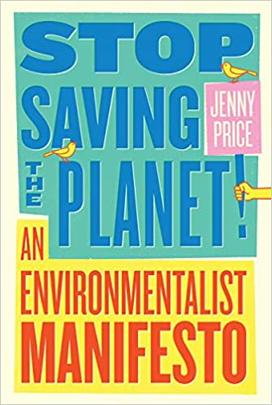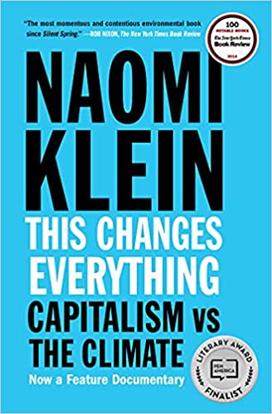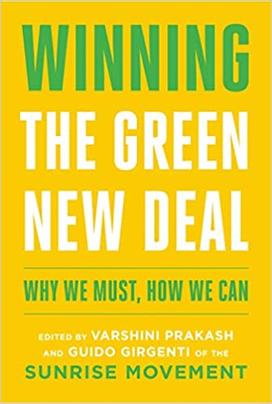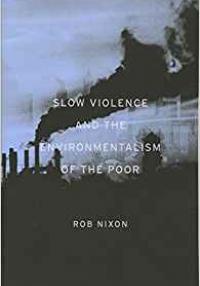Jenny Price ’85 on Understanding Environmentalism

Jenny Price ’85 has visited Princeton as Anschutz Fellow in American Studies and an Atelier teaching artist at the Lewis Center for the Arts. She developed her new book, Stop Saving the Planet!: An Environmentalist Manifesto, while visiting as a professor of the environment and the humanities at the High Meadows Environmental Institute. She calls it a “short, fun, fierce manifesto for an environmentalism that is fairer, more effective, and a lot less righteous.” PAW asked her to recommend three more books to help understand environmentalism, and she suggested these.

This Changes Everything: Capitalism vs The Climate
By Naomi Klein
A clarion call to act now already, Klein’s powerhouse critique flat-out blames the climate crisis on an economy that is hard-wired to maximize profits and growth above all, and to ignore social and environmental costs. She calls out the fallacies of cap-and-trade, runaway green consumerism, and other popular climate strategies that try to use an inherently unsustainable economy to solve the problems it inevitably creates. Ultimately, she’s an optimist: The book showcases efforts, from Kansas to Nigeria, to build greener and more democratic economies. This Changes Everything came out in 2014 — and remains the bible for how the EPA, Exxon, and your neighbor Phil alike can all stop spinning our wheels and start making a difference.

Winning the Green New Deal: Why We Must, How We Can
Edited by Varshini Prakash and Guido Girgenti of the Sunrise Movement
What is the Green New Deal? This star-studded essay collection — think Klein, Bill McKibben, and the environmental justice giant Rev. William J. Barber — clearly lays out the urgent whys, whats, and hows. It’s a super useful one-stop resource. And it puts the “radical” accusations to rest: Don’t most of us want a baked-in-green economy that’s infinitely more equitable than the one we have? These authors make the case that, ultimately, these big, ambitious policy proposals are just plain decency and good ol’ common sense.

Slow Violence and the Environmentalism of the Poor
By Rob Nixon
I’ll end with this influential gem by Princeton’s own Rob Nixon and his coinage of the term “slow violence.” Nixon argues that environmental devastation that plays out more slowly — say, how oil and gas companies slowly and surely lay waste globally to ecosystems, and especially to low-income communities that inhabit them — is brutal violence all the same, even if far less visible than oil spills, bombings, and other more media-ready catastrophes. An English professor, Nixon showcases how writers in the global south have worked to make these crises alarmingly visible. Honestly, though, he had me with the powerful first 50 pages.










No responses yet